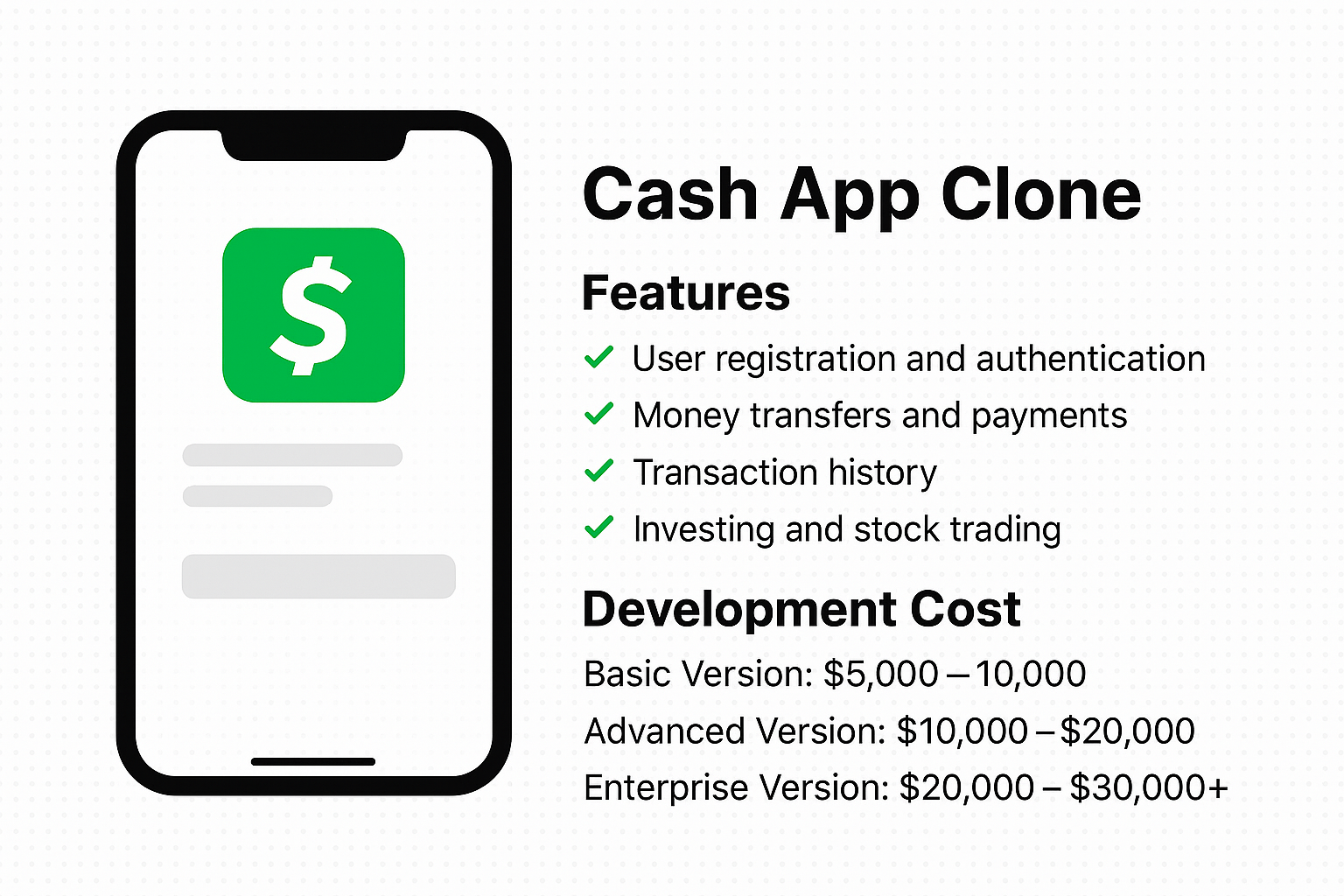Enterprise Resource Planning (ERP) systems are comprehensive software solutions that help businesses manage and integrate core functions such as finance, supply chain, manufacturing, human resources, and customer relationship management. These systems centralize data, streamline operations, and improve decision-making by providing real-time visibility across the organization.
To better understand the role of ERP, exploring real-world ERP examples, ERP software examples, and enterprise resource planning system examples provides insight into how companies use these tools to optimize performance and achieve scalability.
What are ERP Software Examples?
ERP software examples highlight the different platforms organizations use to simplify complex operations. Each ERP system is designed to fit specific business sizes and industries, from small enterprises to global corporations. While the core goal remains efficiency and integration, the features vary depending on the provider.
Key Features of ERP Software
- Centralized database for all departments
- Financial and accounting management
- Supply chain and inventory control
- Human resource and payroll management
- Reporting, dashboards, and analytics
- Integration with other business tools
Popular ERP Examples in the Market
1. SAP ERP
SAP is one of the most recognized names in the ERP industry. It provides powerful solutions for enterprises, covering everything from finance and logistics to HR and customer experience. SAP’s strength lies in its scalability and ability to support complex, global operations.
2. Oracle NetSuite
NetSuite is a leading cloud-based ERP system widely used by small and medium-sized businesses. It offers modules for financials, CRM, e-commerce, inventory, and supply chain management. NetSuite is popular for its flexibility and ease of deployment.
3. Microsoft Dynamics 365
Microsoft Dynamics 365 is an integrated suite that combines ERP and CRM functionalities. It provides solutions for finance, supply chain, operations, sales, and customer service. Its seamless integration with Microsoft Office applications makes it a strong choice for organizations already in the Microsoft ecosystem.
4. Infor CloudSuite
Infor CloudSuite is an industry-specific ERP solution designed for sectors like manufacturing, healthcare, distribution, and retail. Its specialized features enable businesses to tailor ERP workflows to meet unique industry needs while leveraging cloud technology for scalability.
5. Workday
Workday is a cloud-based ERP solution focused primarily on human capital management (HCM) and financial management. Organizations for payroll, HR, workforce planning, and analytics widely adopt it.
6. Odoo
Odoo is an open-source ERP platform that offers flexibility and customization. It provides modules for sales, inventory, accounting, manufacturing, and marketing. Odoo is especially popular with small and medium enterprises looking for affordable yet powerful ERP solutions.
Enterprise Resource Planning System Examples by Industry
Beyond popular ERP vendors, it’s important to see how ERP systems are applied across industries:
- Manufacturing: ERP systems like SAP and Infor optimize production planning, inventory control, and quality management.
- Retail: Solutions such as Microsoft Dynamics 365 help retailers manage supply chains, customer data, and point-of-sale systems.
- Healthcare: Workday and Infor are widely used to manage staffing, patient information, and compliance.
- Education: Cloud ERP tools like NetSuite provide student data management, financial planning, and human resources functions.
- SMEs (Small and Medium Enterprises): Odoo and NetSuite give SMEs cost-effective ways to centralize accounting, sales, and operations.
Benefits of ERP Systems
Implementing an ERP system brings numerous advantages:
- Improved efficiency and reduced duplication of tasks
- Real-time data access for better decision-making
- Enhanced collaboration between departments
- Cost savings through streamlined workflows
- Greater scalability as the business grows
Conclusion
Exploring ERP examples, ERP software examples, and enterprise resource planning system examples demonstrates the versatility and importance of ERP in modern business. Whether it’s SAP supporting multinational corporations, NetSuite empowering SMEs, or Workday optimizing HR operations, ERP systems are the backbone of digital transformation.
For more, visit: https://zingmatrix.com/erp-system-examples



